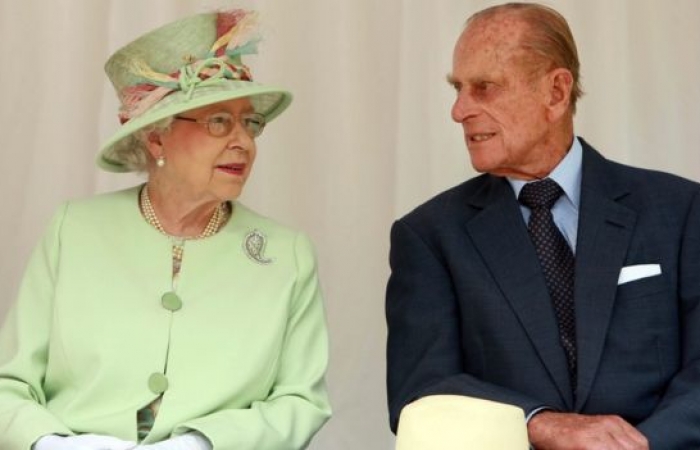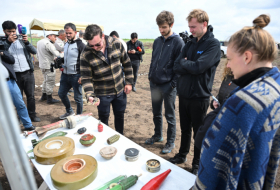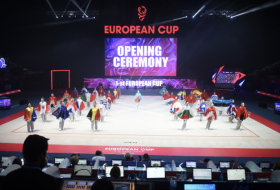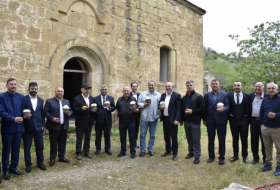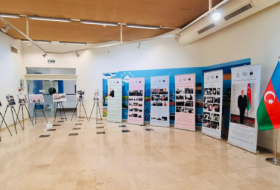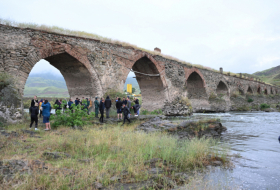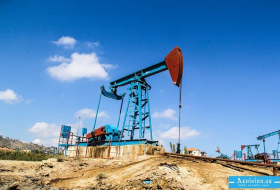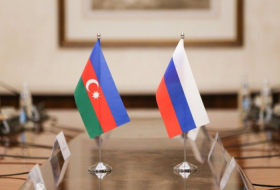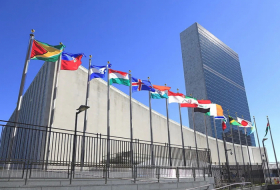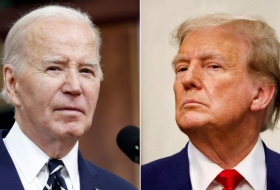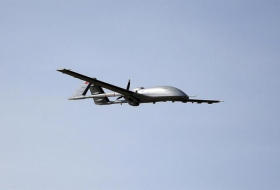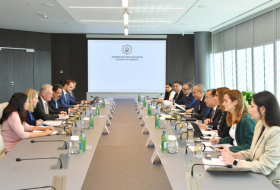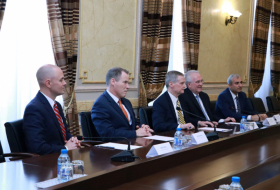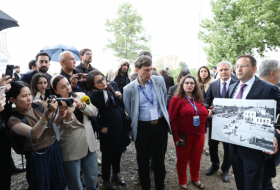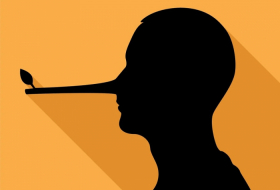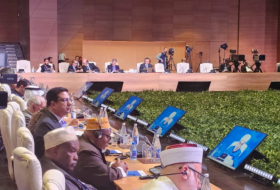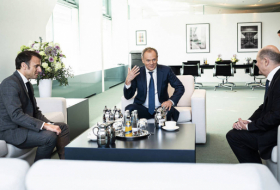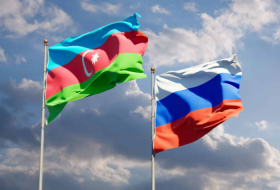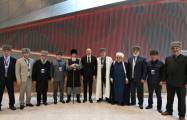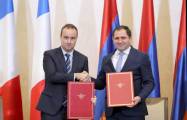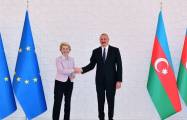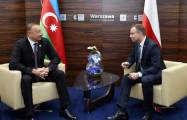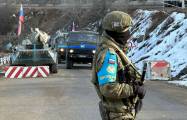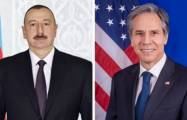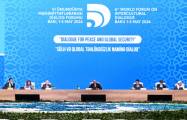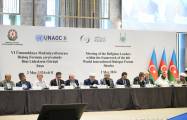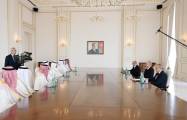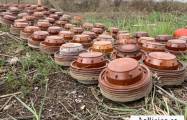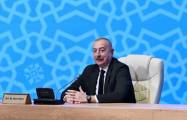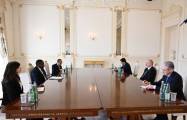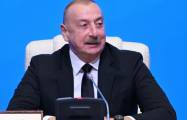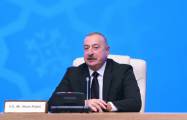And that is not to mention the 22,191 solo engagements he has undertaken in his role as the longest-serving consort in British history.
He is involved with more than 780 different organisations. When he reached the grand old age of 90, his only concession to his passing years was that he gave up his connections to about a dozen of them.
One of the most successful associations has been with the Duke of Edinburgh's Award, a youth self-improvement scheme, which began in 1956.
But in an interview with the BBC's Fiona Bruce when he turned 90, the Duke said he could not take credit for the highly successful scheme.
"I don't run it - I've said it's all fairly second-hand the whole business. I mean, I eventually got landed with the responsibility or the credit for it.
"I've got no reason to be proud of it. It's satisfying that we've set up a formula that works - that's it."
Conservation role
His reluctance to claim credit for that scheme resonates with what the Queen said of him in a speech when celebrating their golden wedding anniversary in 1997.
She described him as "someone who doesn't take easily to compliments, but he has, quite simply, been my strength and stay all these years, and I and his whole family, in this and many other countries, owe him a debt greater than he would ever claim or we shall ever know".
In 1961 the duke became the first president of the World Wildlife Fund UK, but then faced criticism over his shooting of a tiger while in India that same year.
He eventually became the organisation's international president in 1981.
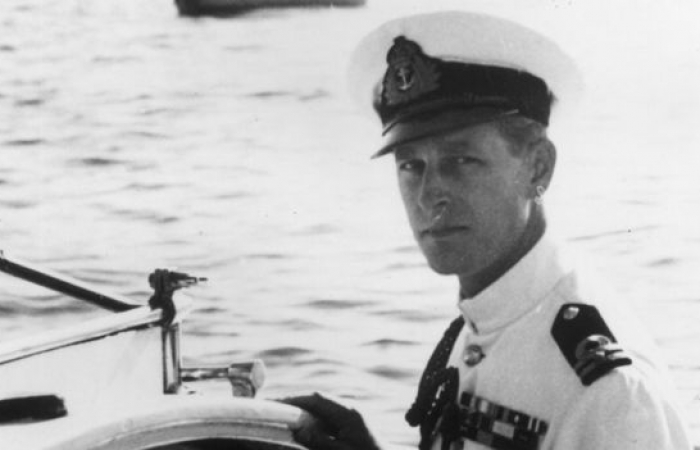
The Greek-born prince's life of service to the UK began when he joined up with the Royal Navy in 1939.
He saw active service in World War Two, from the Indian Ocean to the Mediterranean, being mentioned in despatches for his service on battleship HMS Valiant in 1941.
By that time he had met his distant cousin, Princess Elizabeth. Their friendship blossomed into love and they married in 1947, at which point he renounced his Greek title to become a naturalised British subject, and was made Duke of Edinburgh by King George VI.
Prince Philip's naval career, which saw the newly-married couple stationed in Malta, ended when George VI died in February 1952, and the princess became Queen.
Now Prince Philip had a new role, accompanying Her Majesty around the world, on Commonwealth tours, state visits and trips across the UK.
That globetrotting has seen him visit 143 countries in an official capacity in the decades that followed.
And the prince is credited with helping to save engineering in Britain in the 1970s, being described as playing a vital role in creating a national engineering academy.
In 2015 he told the BBC that after World War Two the UK was "completely skint - it seemed to me that the only way we were going to recover was through engineering".
When talking about a footman training programme which he began at the Palace, he said: "I tried to find useful things to do."
And he oversaw the modernisation of Buckingham Palace, as well as reorganising the Balmoral and Sandringham estates and becoming ranger of Windsor Great Park.
He played polo regularly until 1971 and then took up four-in-hand carriage driving, representing Britain at several European and world championships. He competed at international level carriage events until the age of 85.
And he became a qualified pilot, gaining his RAF wings in 1953, helicopter wings in 1956 and private pilot's licence in 1959. He also kept up his love for the sea, competing regularly at Cowes Regatta.
His public statements have been rare over the years and even rarer has been any direct dealings with the media.
Computer literate
When he did agree to take part in an ITV documentary last year to mark 60 years of the Duke of Edinburgh's award, he only spent a very small amount of time on screen with host Phillip Schofield and famously asked ahead of their last meeting "How many more times have we got to do this?".
Christopher Lee, a historian who wrote the radio documentary series This Sceptred Isle, said the prince was the first man in Buckingham Palace to put computers in his office.
"He will want to know about the big issues. He will know every single touch, nuance on Brexit, for example. He is briefed on everybody he is likely to meet, even people he will never meet and he takes it in.
"I think he's never stopped being an admiral. Admirals are like that, they have to be, and admirals never retire."
/BBC/
More about: #PrincePhilip








